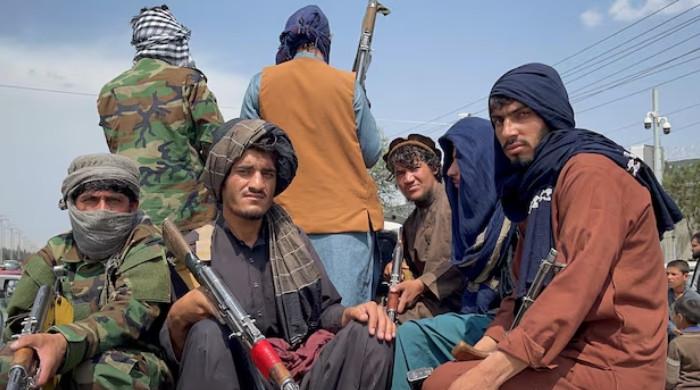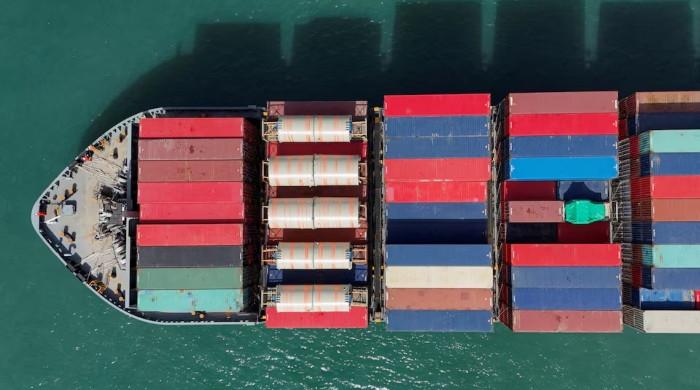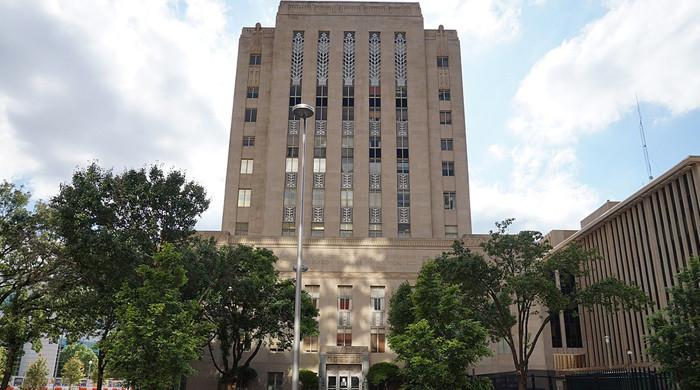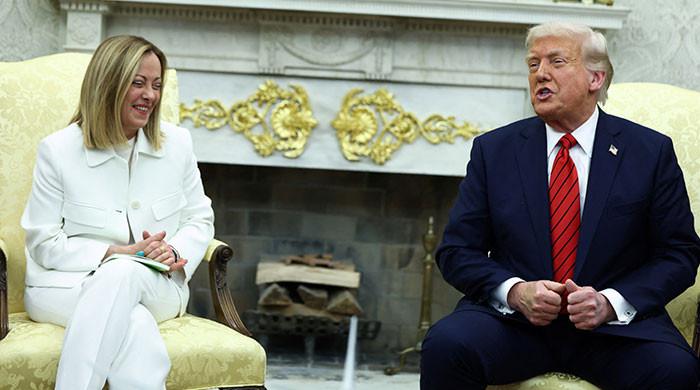Heatwave to increase in South Asia, warns UN body in a code-red report
Some climate changes now "irreversible", human activity "unequivocally" to blame, says IPCC report
August 09, 2021
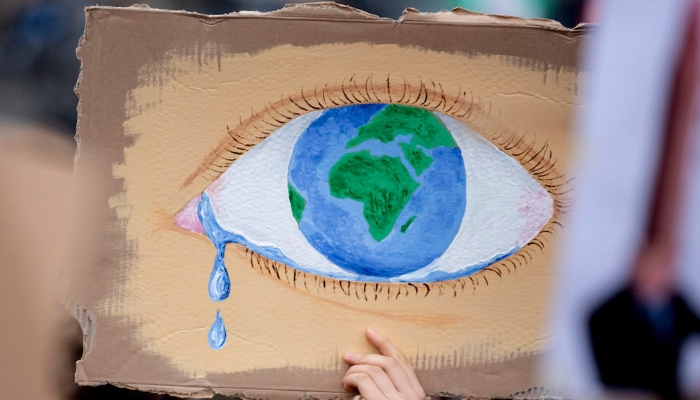
- Some climate changes now "irreversible", human activity "unequivocally" to blame, says IPCC report.
- IPCC report on climate urges countries to act now before it gets too late.
- UN Secretary-General António Guterres says report “a code red for humanity”.
Heatwaves and heat stress will be more intense and frequent during the 21st century in South Asia, warn climate scientists in a new and urgent report calling for governments to act now before it is too late.
The United Nation’s body Intergovernmental Panel on Climate Change (IPCC) released its report, the sixth since it was founded in 1988, on Monday, which gave the starkest warning to date of how some climate changes are now “irreversible” and the human activity was “unequivocally” the cause of a climate breakdown.
António Guterres, the UN secretary-general, has called the report “a code red for humanity”, adding that the greenhouse gas emissions from fossil fuel burning, new coal plants and deforestation “are choking our planet”.
In the next 20 years, temperatures could rise by 1.5C, which could cause devastation and extreme weather, the report adds.
On South Asia, it states that “both annual and summer monsoon precipitation will increase during the 21st century.”
The only solution, the report notes, is to reduce greenhouse gases in this decade to prevent climate change, as envisioned in the Paris climate agreement.
In November, government representatives from 197 countries will be meeting in the United Kingdom to hold talks on the climate, called Cop26.
Countries have been asked to bring plans to reduce the carbon footprint.
Doug Parr, chief scientist at Greenpeace UK, told The Guardian that the “increasing frequency, scale and intensity of climate disasters that have scorched and flooded many parts of the world in recent months is the result of past inaction. Unless world leaders finally start to act on these warnings, things will get much, much worse.”
In the same publication, Joeri Rogelj, an IPCC lead author, stated that this will be the IPCC’s last report while there is still time to stay below 1.5C, adding that if we don’t cut emissions in the next decade, “by the time of the next IPCC report at the end of this decade, 1.5C will be out the window.”





